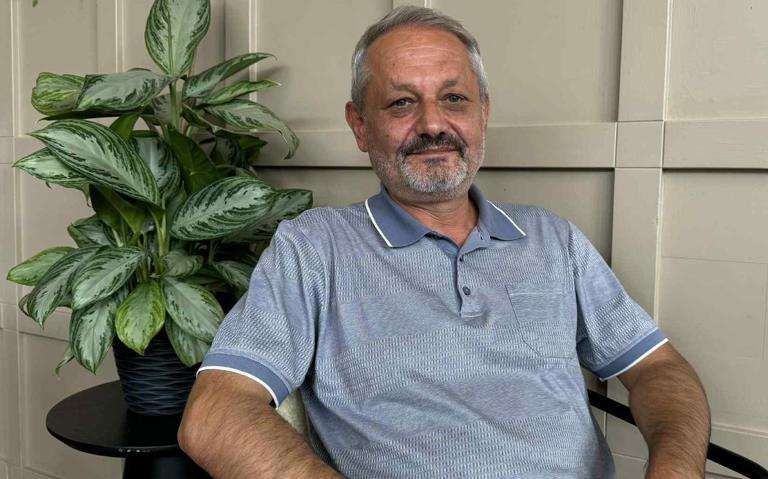In a powerful, united front, Esther Ghey, the grieving mother of murdered teenager Brianna Ghey, and Oscar-winning actor Kate Winslet have launched a compelling campaign demanding a legal ban on smartphones in all schools across England and Wales. Their impassioned plea to Labour leader Keir Starmer and Education Secretary Bridget Phillipson argues that the current, non-statutory guidance has created a dangerous "postcode lottery," leaving the majority of children vulnerable to the very real harms of an unregulated online world.
The campaign, “Smartphone Free Childhood,” is built on a foundation of compelling personal testimony, educational research, and the stark reality of how smartphones are impacting a generation. While the government's 2024 guidance suggests schools should prohibit phone use, recent research by the Children's Commissioner, Rachel de Souza, paints a worrying picture. Her findings revealed that while 90% of secondary schools have some form of restriction, a mere 3.5% have a total ban on phones on school grounds, and only 7.9% require pupils to hand them in for the entire day. This patchwork approach is, as the campaigners argue, failing children.
The Price of Distraction: Academic and Social Consequences
The call for a ban is rooted in a fundamental belief that the presence of smartphones in classrooms and playgrounds is a primary cause of academic distraction and a detriment to social development. Research from the London School of Economics has shown that banning mobile phones can have the equivalent effect of giving pupils an extra week of education per year, with the greatest gains seen in low-achieving students. The constant stream of notifications and the addictive nature of social media interrupt lessons, fragment attention, and make it difficult for students to fully engage with their teachers and peers. As the open letter to ministers states, it is unfair to expect children to resist a temptation that even adults struggle with.
The campaign highlights a concerning return to "old-fashioned" social interaction in schools that have successfully implemented a full ban. Esther Ghey recounts the "transformational" change at her daughter's former school, Birchwood Community High School, after they introduced a lockable pouch system. Teachers observed a sudden burst of face-to-face communication in the dinner hall, with children "laughing, joking, and probably some of them were arguing," which Ghey emphasizes is "all part of growing up and figuring out how to live in society." This simple observation underscores a deeper issue: without the constant pull of a screen, children are rediscovering how to build real-world relationships and navigate social dynamics.
Safeguarding and Mental Health: A Matter of Life and Death
For Esther Ghey, the fight is deeply personal and tragically urgent. Her daughter, Brianna, a transgender girl who was murdered at 16, was described as addicted to her phone. Ghey reveals a harrowing history of 120 safeguarding issues and 116 behavioral incidents logged by the school, all linked to Brianna’s phone use. These issues ranged from self-harm and an eating disorder to the consumption of child sexual abuse images and involvement in illegal drug markets, all accessible through her phone. A ban, Ghey insists, "would have just solved so many issues" and prevented her daughter from being "sucked away from society and into the online world where she was at risk of so many harms."
This heartbreaking story is a potent reminder of the darker side of unregulated smartphone access. The campaign's backers, who include actor Stephen Graham, boxer Frank Bruno, and author Jonathan Haidt, all point to the epidemic of child mental illness and online harm linked to smartphones. Winslet, who portrayed a mother struggling with her daughter's social media obsession in the drama I Am Ruth, powerfully stated, "A statutory ban would be a vital step towards protecting the mental health of young people and preserving every child’s right to realising their fullest potential."
A Path Forward: The Call for a Statutory Ban and Funding
The campaigners' plan is not just to ask for a ban, but to provide a clear, actionable path forward. They are calling for the government to introduce a statutory ban, which would mean no child would have access to their phone from the moment they arrive at school until the end of the day. Crucially, they also demand funding for schools to implement this policy, citing the success of systems like lockable pouches. This targeted investment would ensure that a ban is not just a policy on paper but a practical reality for all schools, regardless of their financial situation.
With the backing of prominent figures and a growing body of evidence, the push for a legal ban on smartphones in schools is gaining momentum. It is a campaign that seeks to reclaim the classroom as a sanctuary for learning, social development, and genuine childhood, free from the distractions, harms, and anxieties of the digital world. As Peter Kyle, the technology secretary, has acknowledged, the government is "looking very carefully" at what more can be done. For Esther Ghey, Kate Winslet, and the thousands who support them, the answer is clear: it's time to take action and give a generation of children the opportunity to learn and grow in the real world.
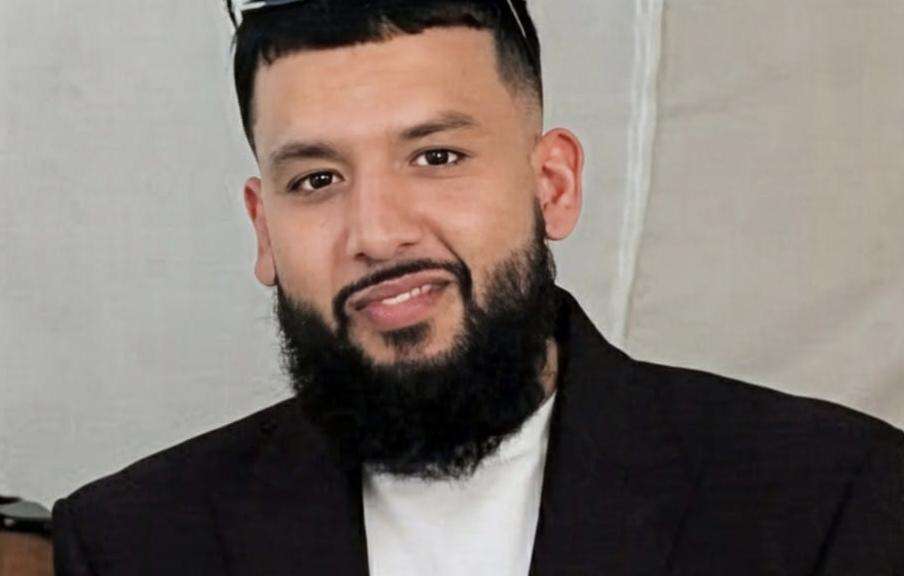
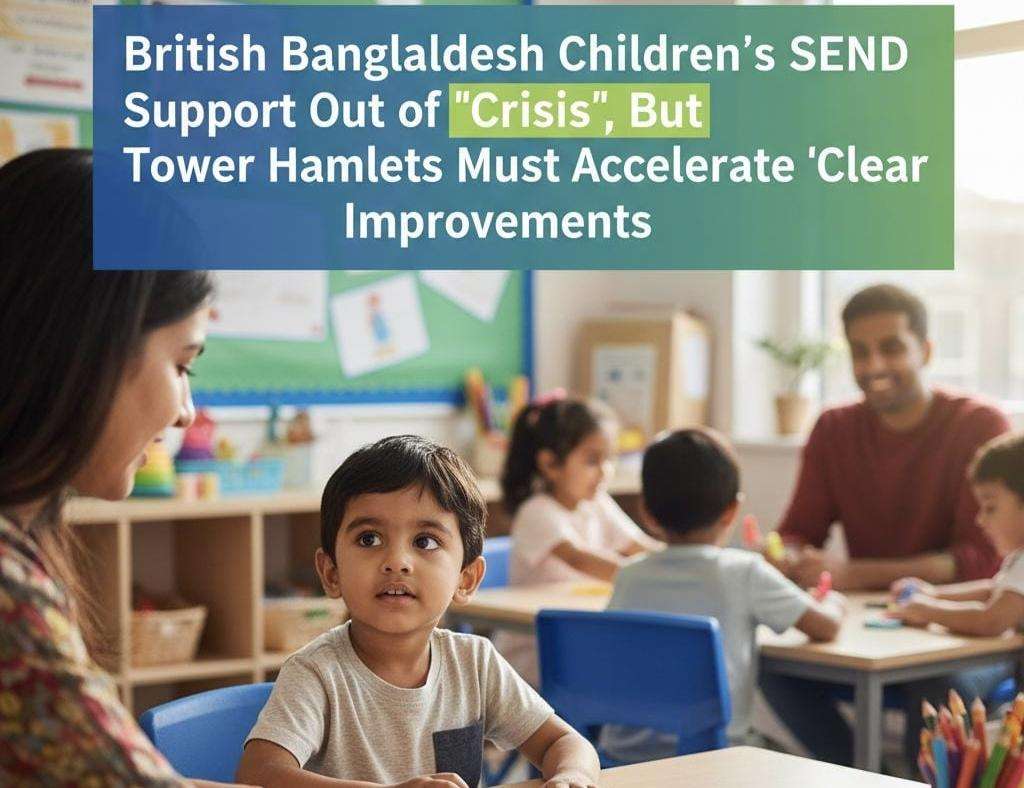

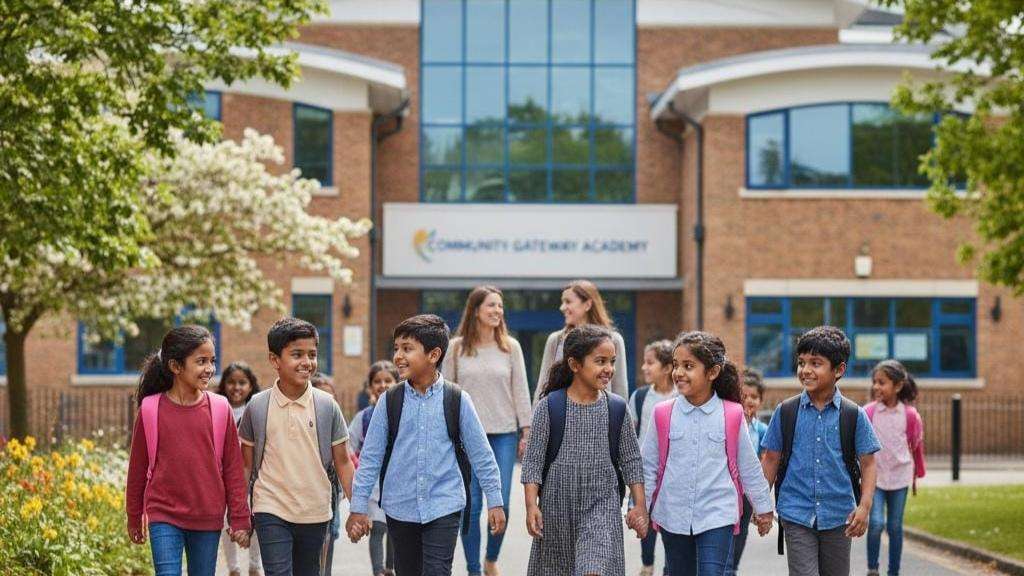



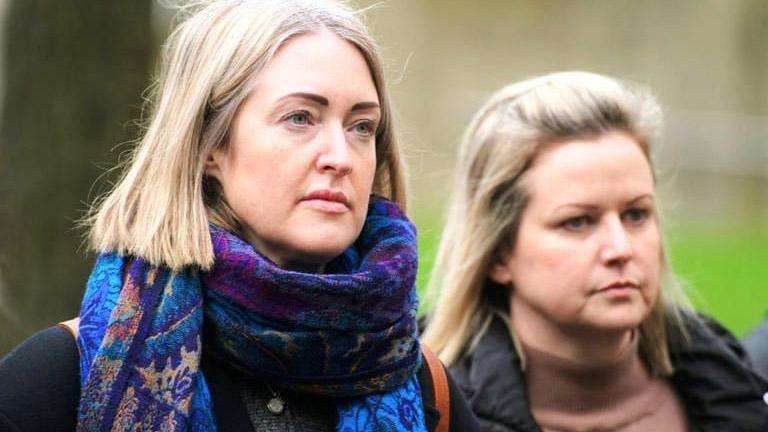
.svg)

